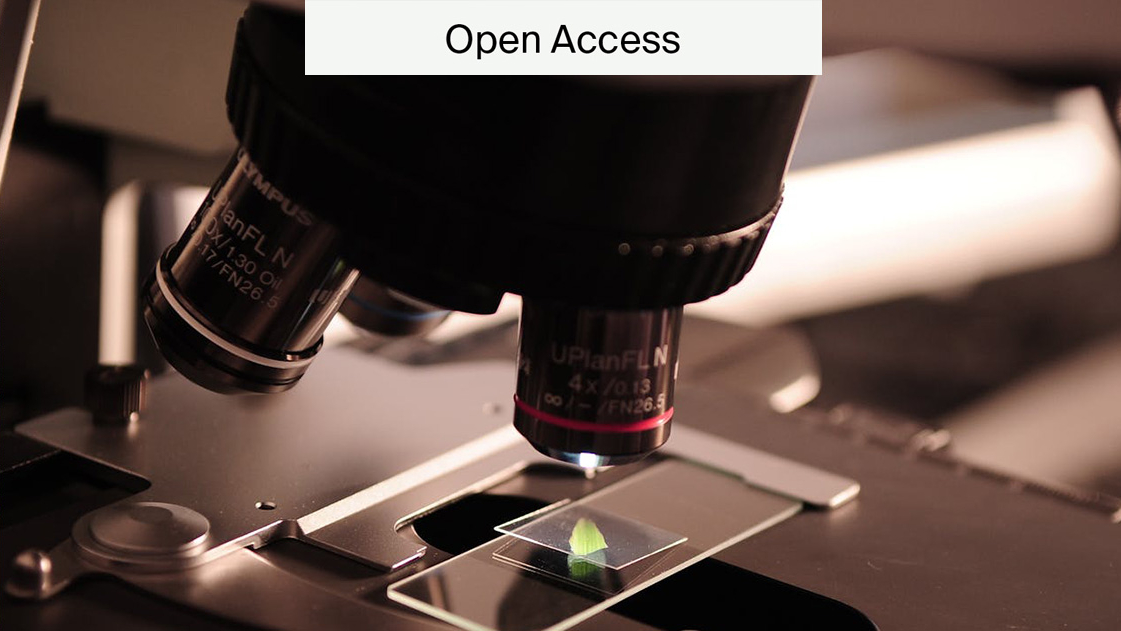
World Mental Health Day
The theme of World Mental Health Day 2021, held on 10th October, is mental health in an unequal world, as chosen by the World Federation for Mental Health. This theme highlights how poor mental health can disproportionately affect those in minority communities and urges each country to consider mental health at the forefront of its COVID-19 reparation process.
Mental health impacts many of us
According to Mental Health UK, 1 in 4 of us experiences a mental health problem every year. In light of this, World Mental Health Day aims to raise awareness of the ubiquity of mental health issues, and underlines the importance of checking in with our own mental health, as well as reaching out to those around us who may be struggling.
The International Journal of Environmental Research and Public Health (IJERPH) has a dedicated Mental Health section, which has published 1178 papers to date. The section focuses on all aspects of mental health, including addiction, cyber mental health, psychotherapy and psychopathology, in order to integrate research and knowledge, and to create empowerment, within this domain.
Interviewing a mental health expert
To gain an insight into the Mental Health section and the current climate surrounding it, I sought the perspective of an expert in the field, the Editor-in-Chief of the Mental Health section, Prof. Dr. Pasquale Caponnetto.
What led you to becoming the EiC of this section and what has it taught you about your field of expertise?
“The decision to undertake this important role was dictated by a continuous passion and hunger for knowledge with respect to a theme very dear to me, or the concept of ‘mental health’. The opportunity to collaborate with the journal as EiC has allowed me to engage with scholars from different places in the world with whom to address issues with a common denominator, such as discovery and innovation for improving mental health paths.”
What have been the major advances in your field over the years (and how have MDPI papers contributed to these)?
“Over the years, the theme related to mental health has changed immensely, adapting to social contexts that are certainly more fluid and innovative but also harbingers of potential sources of stress. Psychological and psychiatric pathology in some ways has changed, giving way to new forms of suffering. The possibility of addressing the issue of Mental Health from different points of view represents for me a motivational and interesting boost.”
Are there any Special Issues/papers that you deem to be particularly noteworthy in the section of Mental Health?
“The main Special Issues, I believe, are those related to the deepening of technologies used in the clinical–psychological, psychotherapeutic and mental health fields, including Virtual Reality, Biosensors, Artificial Intelligence and Affective Computing, with the aim of understanding how technological progress and the emergence of new technologies can generate value within the psychological landscape.”
What are the most important developments in your field in the current climate of the pandemic?
“Over the last two years, the pandemic condition has undoubtedly influenced the experiences of the population, giving rise to forms of psychological suffering that are closer to issues related to depression and anxiety–insogenic aspects. The theme of videoterminal addiction and the consequent development of perhaps relational closure is a social wound that mainly concerns the youth population, but at the same time, technology has been able to meet clinical needs through cyber health psychology interventions.”
The theme of this year’s World Mental Health Day is ‘mental health in an unequal world’. What does this mean to you?
“The concept of mental health is certainly one of the most important aspects within the world scene. The health of the person must embrace every aspect. We know today that, unfortunately, social and ethnic differences also bring with them aspects that can be related to mental health. In fact, we find populations within which there are particular psychological pathologies (depression, anxiety or disorders related to nutrition) and other populations in which pathologies related to the sphere are more widespread.”
Discussions about mental health
Despite its higher prevalence in the zeitgeist in recent years, it is clear that there remains a sense of taboo surrounding open discussions about mental health. The perception that struggling with one’s own mental health is a weakness means that difficulties are less likely to be brought to the fore, engendering further feelings of negativity and hopelessness, and thus creating a vicious circle.
In the context of the pandemic, particularly concerning the work from home initiative implemented to lessen the spread of COVID-19 among people in the workplace and on public transport, in which it can be incredibly difficult to create a healthy work–life balance, it has become increasingly vital to recognise ‘burnout’.
What is burnout?
Burnout is a syndrome characterised by ongoing work-based stress. Its causes can be multifactorial: negative job characteristics (e.g., workload, workplace conflicts, and lack of communication), occupational factors (e.g., understaffing and high demands), job attitudes (e.g., unrealistically high expectations), personality traits (e.g., low self-esteem, pessimism, and low emotional intelligence), home demands (e.g., taking care of family members and stressful life events), and demographic variables (e.g., relationships and parenthood).
As we spend many of our waking hours working, it is crucial that employees feel supported, on a mental as well as a professional level, by their employers, in order to maintain a good level of job productivity and satisfaction, and most importantly, overall well-being.
Interview with MDPI Manchester’s HR representative
I spoke to the HR representative at the MDPI Manchester office to gain an insight into how MDPI supports the mental health of its employees.
Nikki Pugh (HR Associate, Manchester):
“Having been awarded the FutureQuals Level 3 Award in Mental Health: Workplace First Aid, MDPI Manchester has appointed two of, what they hope to be, several mental health first aiders. The appointed Mental Health First Aiders are equipped to recognize the signs and symptoms of common workplace mental health issues and are trained on how to effectively guide a person towards the right mental health support. The appointment of MH First Aiders is one of the many steps MDPI Manchester is taking in encouraging a positive mental health culture in the workplace.
Last year, the office celebrated World Mental Health Day with a series of sessions on various topics surrounding mental health. This year will be a bit different as we know have around a third of employees attending the office. HR will be putting together a session, both in-office and remotely, to ensure everyone is given the opportunity to participate.
MDPI is proud to be an inclusive employer, supporting the importance of improving mental health awareness in the workplace and beyond. Alongside flexible start and finish times, MDPI is proud to have adopted a flexible working policy post-pandemic to allow team members to adopt a more balanced lifestyle and support improved wellbeing through reducing commuting time, more autonomy around their schedules, and thus extra time for health and wellbeing activities.
Monthly socials are arranged at the office to encourage team members to connect and unwind after the working day. Manchester’s social committee also organize various activities outside of work hours, such as 5 aside football and visits to the local restaurant on Wednesdays.”
Further reading
For further reading on the topics discussed in this article, relevant MDPI Special Issues include
- Mental Health Care among At-Risk Populations in the Context of COVID-19;
- Work Organization, Occupational Stress, and Mental Health and Wellbeing: Advances in the Evidence and Approaches to Intervention;
- Mental Health and Well-Being among LGBTIQ+ People;
- Mental Health in the Workplace: Lessons Learned from the COVID 19 Pandemic.











I like that this shifts away from a one-size-fits-all setup. With the option for tailored weekly hours and curated therapies, it sounds like a much more approachable way for people to get the help they need without feeling overwhelmed or boxed in.
Thank you for your comment.
All the best.